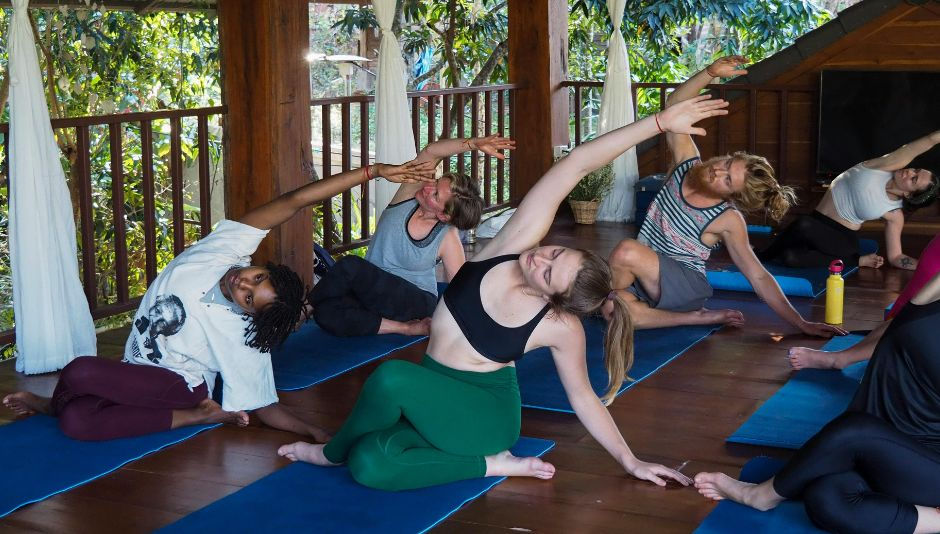The Different Types of Outpatient Rehabilitation Programs
- Contributing Author

- Jun 14, 2022
- 2 min read
collaborative guest post
Outpatient rehabilitation schemes have several advantages for the patient's wellness. If you are seeking a rehab program for yourself or a family member, you may want to know the different forms available.

Below are the different forms of outpatient rehabilitation programs.
Partial Hospitalization
It is the highest level of the outpatient program, catering to affected individuals who don't want hospitalization. It is more intense than the other in-home rehab options since patients engage in more activities to help recover.
After each treatment within the day, patients get back to their families. PHP typically entails psychotherapy, skill enhancement and counselling sessions. The program likely takes five hours daily for at least five days a week, which helps reduce recovery time.
General Outpatient
This category covers rehab outpatients who don’t need extra care. They can join a support group or continue with the GOP indefinitely until the therapist releases them back into society. The program offers patients all the necessary support for their rehabilitation.
In the general outpatient program, sessions last about one and half hours once or thrice a week. This process doesn’t take a specific time frame since the supervisor can decide accordingly.
Intensive Outpatient
The intensive outpatient program is usually the second most vigorous recovery scheme for individuals considering in-home rehab. Individuals undertaking it need a lot of care and guidance since they have higher chances of falling back. Unlike the GOP, patients here attend meetings that last about three hours thrice a week.
The best candidates for this scheme are early addiction victims and sometimes parents who juggle work and care for children. The program is beneficial if you cannot afford the massive inpatient bills when you have completed rehab.
Care Groups
Care groups aim to unite people with a common goal of managing their addiction. Since it doesn't involve visiting the hospital, such group meetings are in-home rehab forms that are friendlier and still effective in the long run.
You can also hold meetings in one of your members’ homes or make it rotational. Such groups strengthen your move towards recovery because you link with others going through the same problem, making it easier to find lasting solutions.
Focus on Your Wellness
Whichever in-home rehab your doctor recommends, the program should help you blend into the community as you continue your sobriety journey. Besides, you also pay less for the service, and you can keep in contact with your loved ones, who can help speed up the recovery process.

































